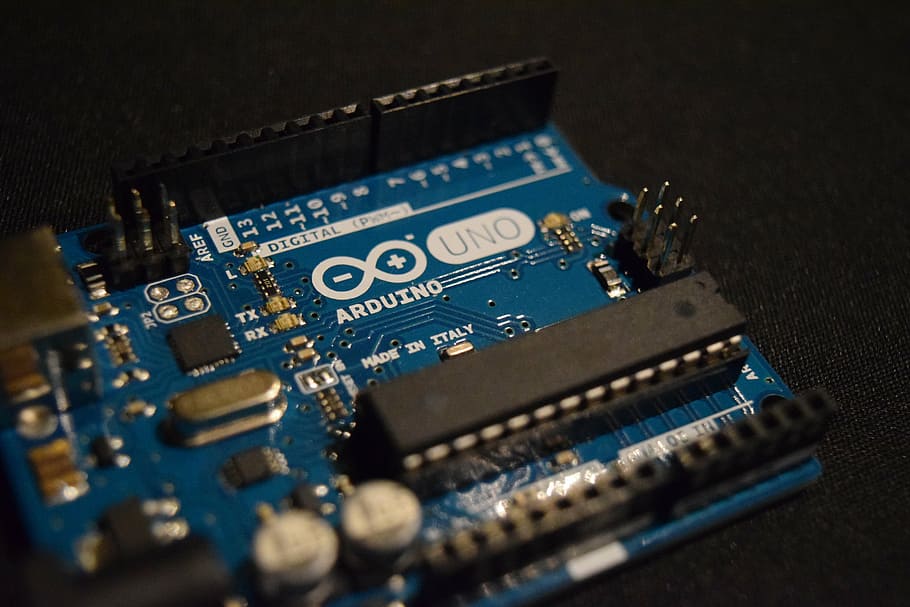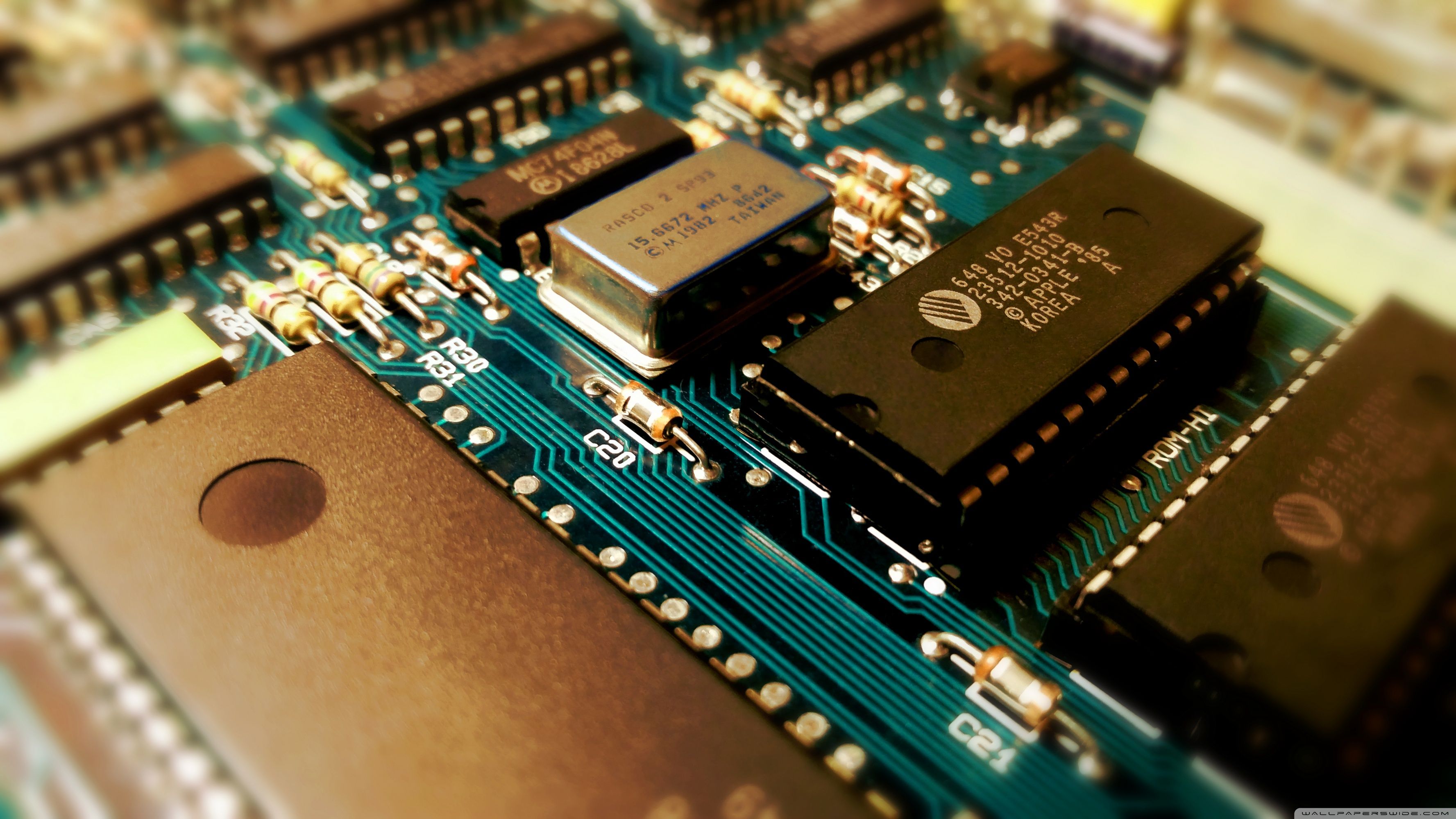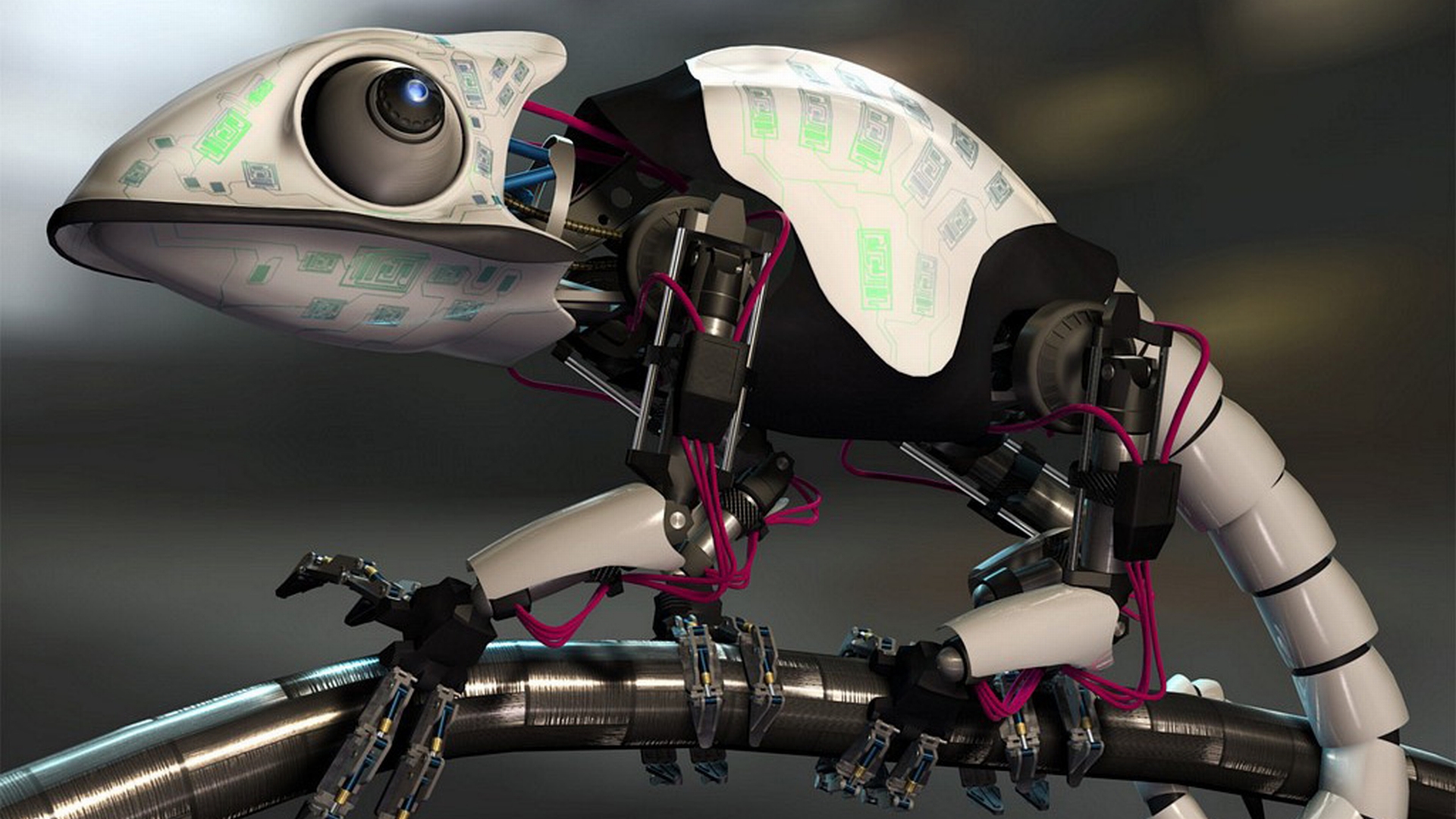The Raspberry Pi is a small, barebones computer developed by The Raspberry Pi Foundation, a UK charity, with the intention of providing low-cost computers and free software to students. On the software side of things, there are currently three Linux-based operating systems supported by the Raspberry Pi.
Arduino is an open-source electronics platform based on easy-to-use hardware and software. Arduino boards are able to read inputs - light on a sensor, a finger on a button, or a Twitter message - and turn it into an output - activating a motor, turning on an LED, publishing something online.
The acronym PIC stands for "peripheral interface controller," A microcontroller is a compact microcomputer designed to govern the operation of embedded systems in motor vehicles, robots, office machines, medical devices, mobile radios, vending machines, home appliances, and various other devices.
A printed circuit board (PCB) mechanically supports and electrically connects electronic components or electrical components using conductive tracks, pads and other features etched from one or more sheet layers of copper laminated onto and/or between sheet layers of a non-conductive substrate.
Power electronics is the application of solid-state electronics to the control and conversion of electric power.
Robotics is an interdisciplinary branch of engineering and science that includes mechanical engineering, electronics engineering, computer science, and others. Robotics deals with the design, construction, operation, and use of robots, as well as computer systems for their control, sensory feedback, and information processing.






